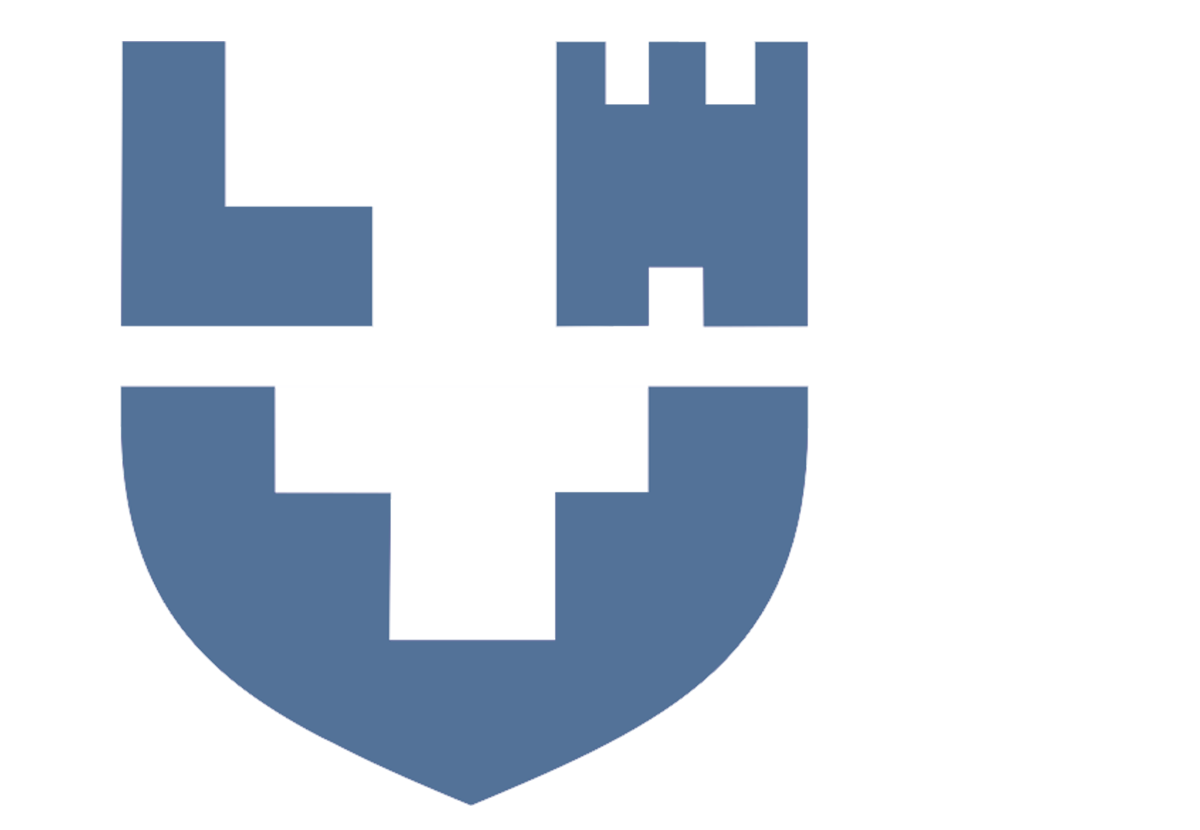The concept of digital accessibility in education: European experience
Abstract
This paper carries out an overview of modern interactive and personalized digital solutions in order to increase the accessibility of education. Among the educational resources that contribute to the development of a barrier-free environment for all citizens, including people with disabilities, are the following: online courses and platforms; virtual classrooms; educational mobile applications; massive open online courses in various disciplines; interactive learning resources for learning to program; e-textbooks and digital resources in various subjects; augmented and virtual reality; learning platforms with artificial intelligence integration; training simulations and games. It was analysed the problems and challenges associated with them: digital divide (access to technology, level of digital literacy); content quality (reliability of sources on the Internet, adaptation of digital content to curricula); pedagogical challenges (many teachers need additional training to use digital tools effectively and to develop new teaching methods that take into account the possibilities and limitations of digital technologies); student motivation and engagement (self-discipline, lack of social interaction); online security and privacy; data protection (ensuring the confidentiality of personal; network security and privacy; data protection (ensuring the confidentiality of personal data of participants in the educational process, Internet security); technical problems; economic and organizational challenges (financial costs and organizational changes to restructure educational processes and structures to integrate digital technologies). The main focus presented in this paper is describing the European practices in the light of the European approach to digital accessibility in education, which is based on such dimensions: technology, participants in the educational process, educational institution, national/regional level.
References
2. European Agency for Special Needs and Inclusive Education: вебсайт.
3. ICT for Inclusion: вебсайт.
4. ICT for Information Accessibility in Learning: вебсайт.
5. UNESCO: вебсайт.



